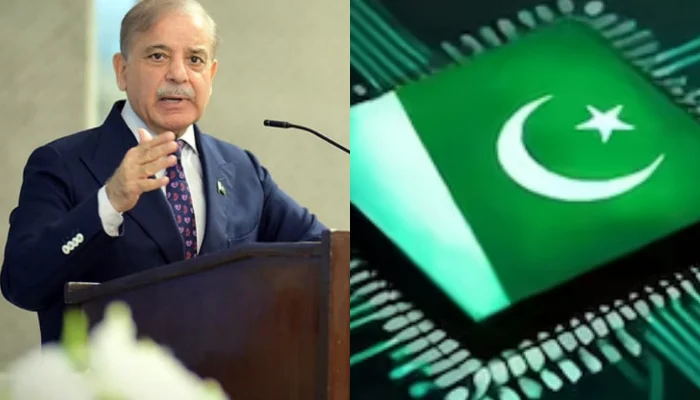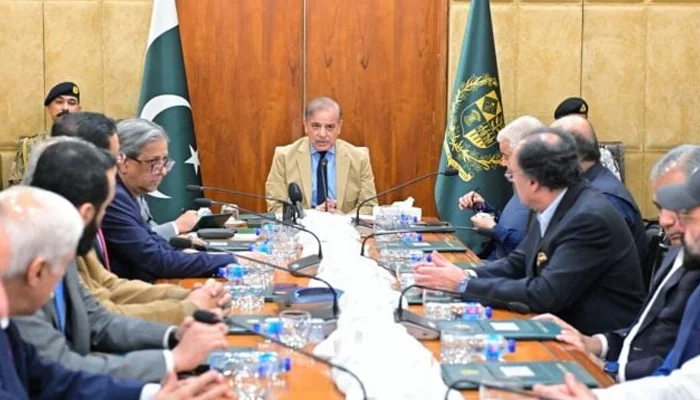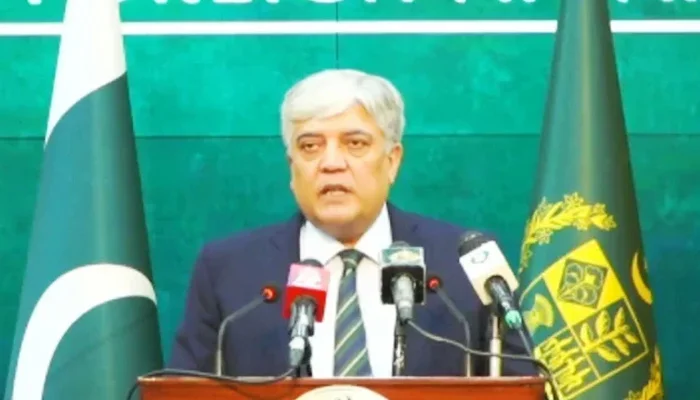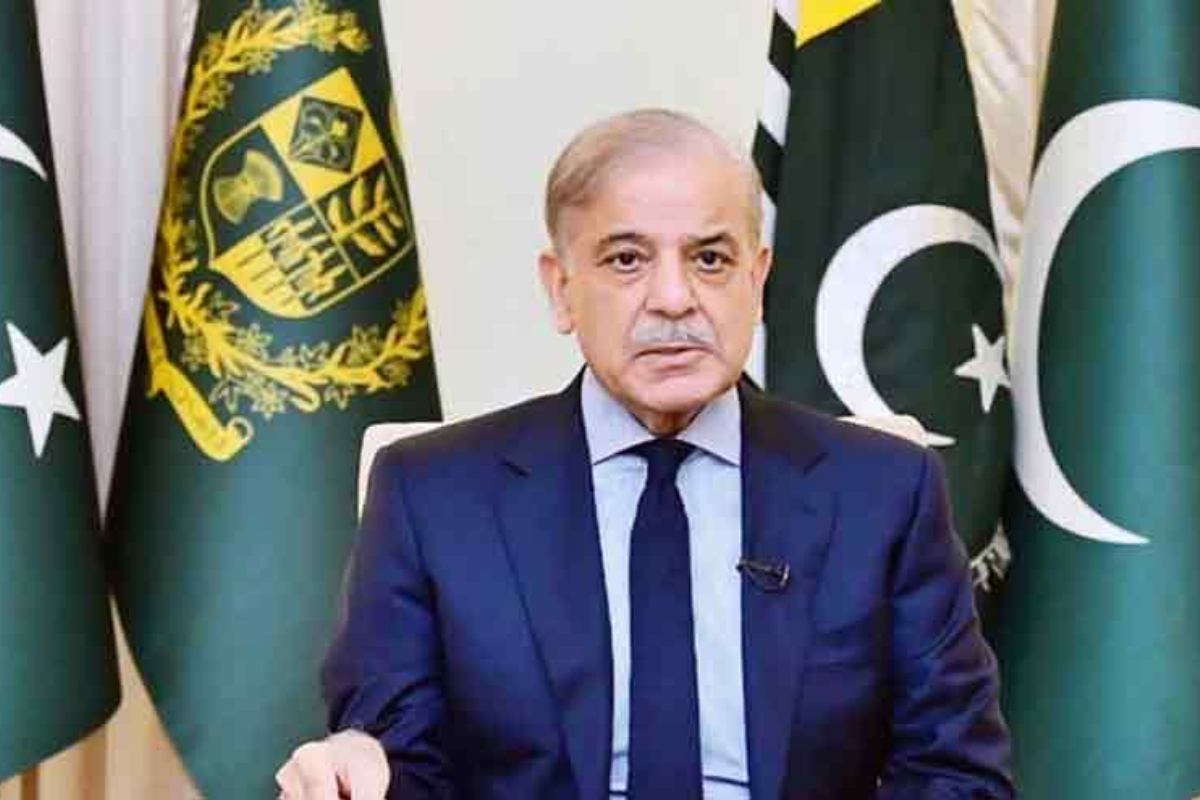ISLAMABAD: Prime Minister Shehbaz Sharif on Tuesday launched INSPIRE Pakistan’s Initiative to Nurture Semiconductor Professionals for Industry, Research & Education, marking a major step toward building a knowledge-driven digital economy and entering the $600 billion global semiconductor market.
Speaking at the launch, PM Shehbaz said the government must make the best use of Pakistan’s rich natural resources.
He added that the Planning Ministry had set aside Rs4.5 billion under the Public Sector Development Programme (PSDP) for INSPIRE and assured that funding would not be an issue for its success.
Federal IT Minister Shaza Fatima Khawaja reaffirmed the government’s commitment to creating a digitally empowered Pakistan. Dr. Naveed Sherwani, Chairman of the National Semiconductor Task Force, shared the roadmap for developing a world-class semiconductor ecosystem.
PSEB CEO Abu Bakar called INSPIRE a cornerstone project that will train thousands of professionals and connect universities, research institutions, and industry players.
In its first phase, INSPIRE will train 7,200 professionals over five years in semiconductor design, verification, and research through nine public universities and set up six Integrated Circuit (IC) labs across Pakistan. The program will also lay the groundwork for future chip assembly, testing, and fabrication, allowing Pakistan to become part of the global semiconductor supply chain.















